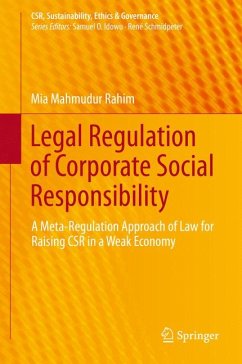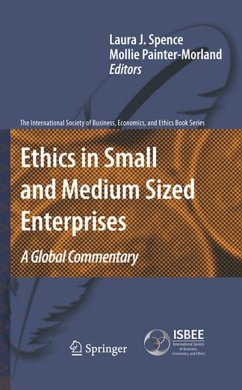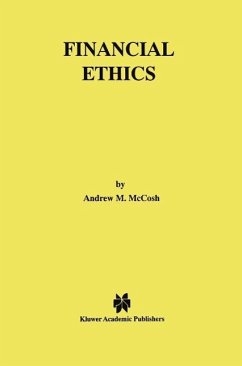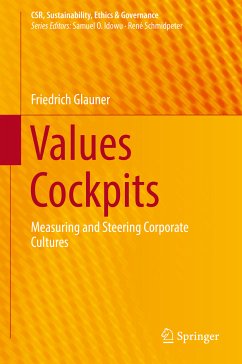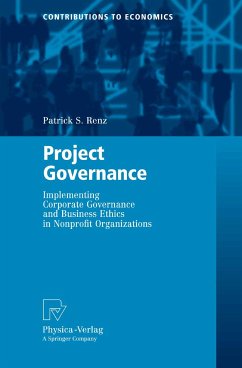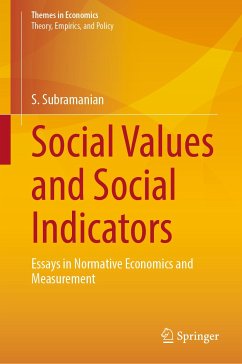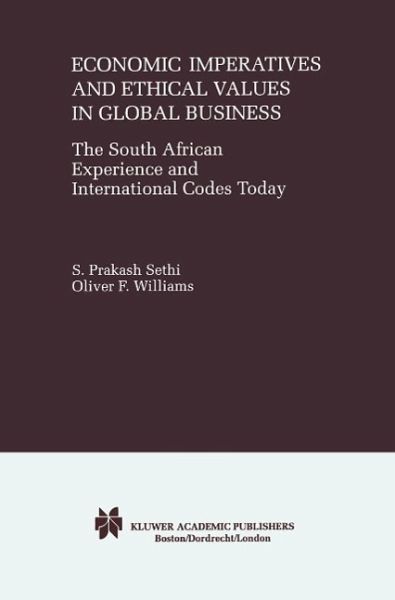
Economic Imperatives and Ethical Values in Global Business (eBook, PDF)
The South African Experience and International Codes Today
Versandkostenfrei!
Sofort per Download lieferbar
72,95 €
inkl. MwSt.
Weitere Ausgaben:

PAYBACK Punkte
36 °P sammeln!
religious values at the office door. Apartheid was an evil, and business had great power in South Africa. Where there is power, there is also responsibil ity. I prayed about this long and hard. I pushed the companies as much as I thought I could. There were advances and there were setbacks, but finally we prevailed and the Blacks of South Africa secured their freedom. My effort in behalf of the Sullivan Principles was only one of a number of significant efforts of the anti-apartheid movement. All of those other efforts must be recognized, as well. The Sullivan Principles and the manner in whic...
religious values at the office door. Apartheid was an evil, and business had great power in South Africa. Where there is power, there is also responsibil ity. I prayed about this long and hard. I pushed the companies as much as I thought I could. There were advances and there were setbacks, but finally we prevailed and the Blacks of South Africa secured their freedom. My effort in behalf of the Sullivan Principles was only one of a number of significant efforts of the anti-apartheid movement. All of those other efforts must be recognized, as well. The Sullivan Principles and the manner in which they were implemented in South Africa were in the nature of a grand experiment in the sociopolitical change and economic uplifting of the Black people of South Africa. What is even more important is that the Principles were driven by an ethical and moral imperative, and were voluntarily implemented by a group of enlight ened United States multinational corporations. No grand design or vision is ever perfect. We fall prey to human follies, limited understanding of the future, and necessary compromises to seek not what is perfect but what is possible. Thus, any such effort is subject to criticism from those who seek ideological purity and those who seek to minimize the impact of change from the status quo . .
Dieser Download kann aus rechtlichen Gründen nur mit Rechnungsadresse in A, B, BG, CY, CZ, D, DK, EW, E, FIN, F, GR, HR, H, IRL, I, LT, L, LR, M, NL, PL, P, R, S, SLO, SK ausgeliefert werden.




